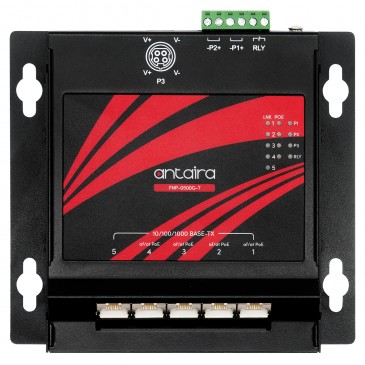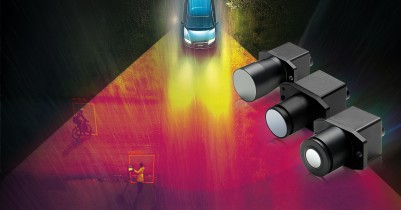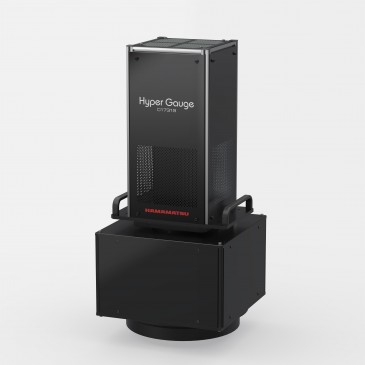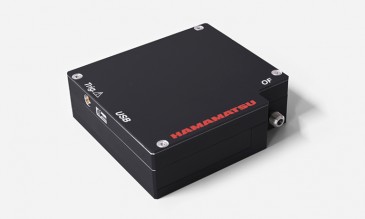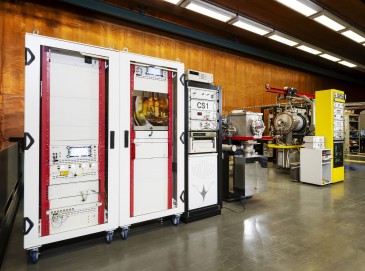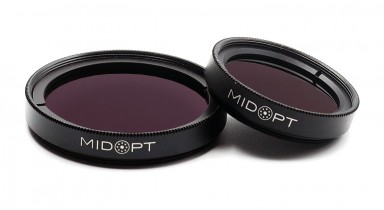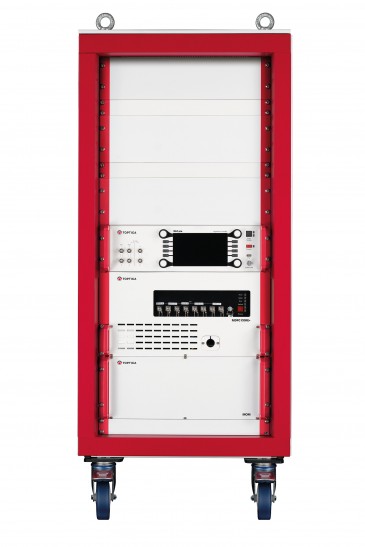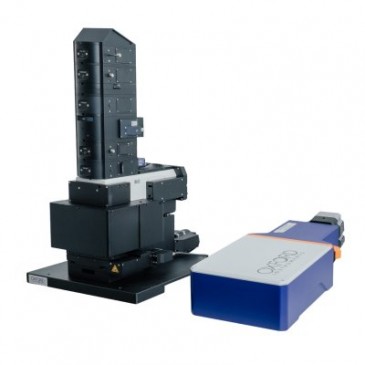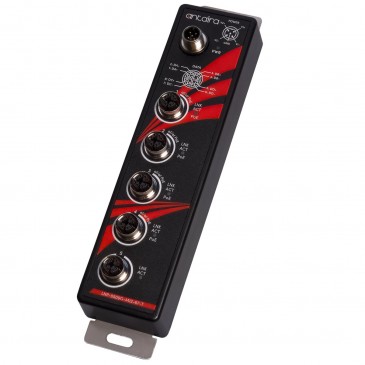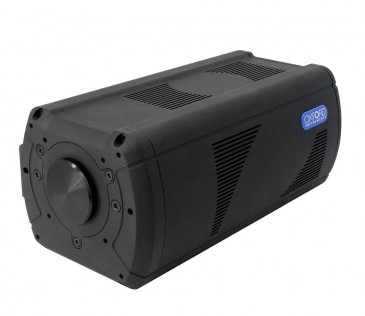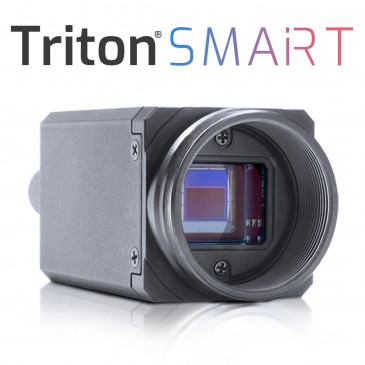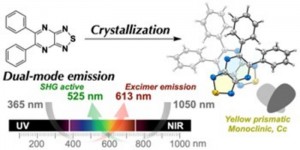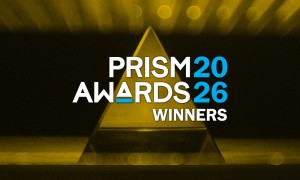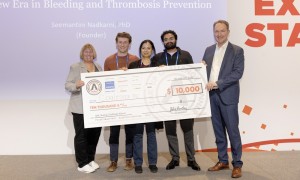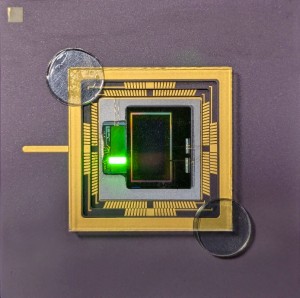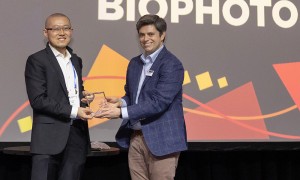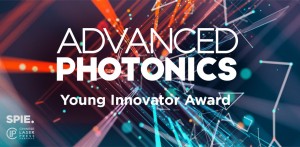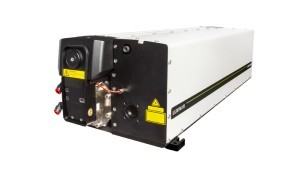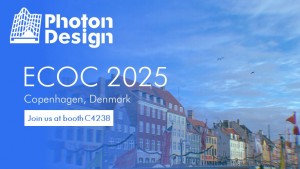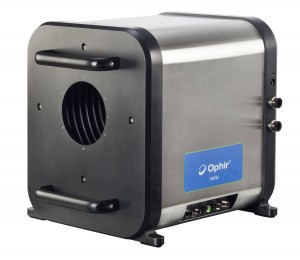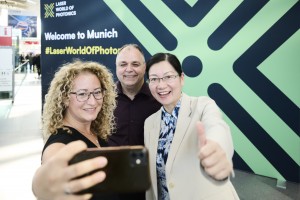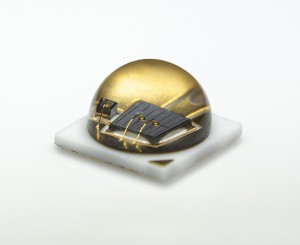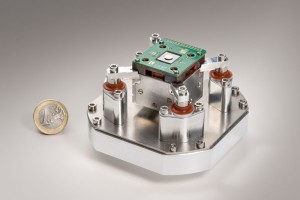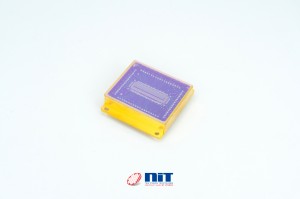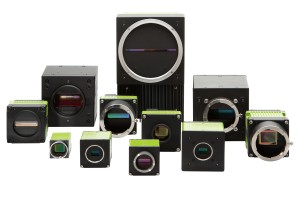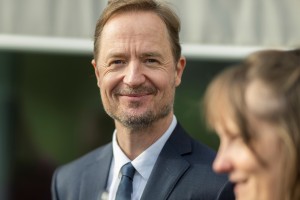
RABUS.TECH is a Germany consultancy that specializes in enabling companies to implement photonics technologies into their products and services. Carlos Lee, EPIC’s Director General, spoke with Dominik Rabus, CEO of RABUS.TECH, about the consultancies’ origins and the meaning of “Embedded Disruptive Change and Innovation Management”.
Can you describe your path towards becoming a consultant and setting up your own consultancy?
I would say I am a traditional German engineer - born in Stuttgart with a background in electrical engineering. As my dad worked for Bosch, I had the opportunity to visit their state-of-the-art clean room facility at their corporate headquarter while still at school - so before going to university, I already knew that I wanted to follow the path of electrical engineering and pursue the path of microsystem technologies. In 1994, I went to the University of Stuttgart to do a Master of Science (Diplom Ingenieur at that time) in Electrical Engineering and Information Technology. At that time, there was a specialization of electrical engineering especially focused on semiconductor-based microsystems together with the physics department to enable students to develop their knowledge in both disciplines. I did my Master’s thesis on the use of the Fabry–Pérot interferometer as an optical filter for telecom applications using a liquid crystal display from monitors for tuning the bandwidth.
Then, in 1999, I moved to Berlin to do a PhD in Electrical Engineering and Computer Science at the Technical University Berlin, where I worked on integrated ring resonators based on indium phosphide for optical filters for all optical switching. When I finished my PhD in 2002, the telecom bubble had just burst, so I needed to change my path and luckily got a position as research scientist at the Karlsruhe Institute of Technology (formerly Forschungszentrum Karlsruhe) in sensors and polymer photonics. In 2006, I got a fellowship from the Humboldt foundation and fulfilled what at that time was every German scientist’s dream by going to the University of California, Santa Cruz, where I worked on living cell patterning and bio artificial sensors to push the limits of detection.
2 years later, I returned to Germany, and having spent the previous years researching in academia, I decided to go into industry to translate this experience on how to apply research to developing and producing market ready products.
I started at Bürkert Fluid Control Systems working in R & D and product development, and in 2011 I moved to Festo as Head of Advanced Development Process Automation & Sensors, returning to Bürkert in 2013 to manage the technology portfolio.
After three years, it had become apparent that staying as an employee inside a company was not going to give me the necessary freedom to develop innovative ideas and to use the so far gained vast experience in technological innovations, so after venturing in a start-up, I finally set up my own consultancy in 2018, RABUS.TECH, empowering companies by implementing state of the art technologies into their products, services and solutions.
What exactly do you do?
I call what I do “Embedded Disruptive Change and Innovation Management”. I “embed” myself into the company of my clients, and together with the company´s team analyse what is needed, for example, integration of IoT components, photonics technologies and/ or sensors into the company’s existing product line. This not only requires a high level of technical expertise but also management skills to lead interdisciplinary teams to eventually successfully hit the market with a new product, service or solution.
I stay until the ideas have been successfully implemented, taking on the role of business development manager, project manager or engineer - whatever role is needed to fulfil the mandate. In collaboration with the client’s R&D, Production, Product Management, Business Development and Sales departments, which also includes drawing up a business plan to make sure that the product will successfully hit the market, which sometimes requires the creation of new positions and new departments.
I also have a large network of outside expertise, who I can bring in to ensure that the product or solution is tailored to meet the needs of the company and that the team acquires the necessary skills to sustain the project afterwards.
I also provide what I call “Embedded Business Development and Customer Acquisition” to enable customers to distribute and sell their products and solutions as early as possible to ensure continuous and steady growth. This includes drawing up product definition and product scope documentation and developing a product-to-market strategy.
What type of customers do you have?
I work with both start-ups, mid-size companies and large corporations. With start-ups, the characteristic is that although they may have a nice technology, it is still not a product or a solution. Developing a successful product or solution, requires a good understanding of what the company needs and pave the way in terms of product development to successfully manufacture it and hit the market. I am the facilitator of this whole value chain.
With established corporations, it’s different as although they may have a first idea or a plan on what they want to do, their current business drives their strategy and mission.
Thanks to their success, new product development as well as new projects should be executed as part of their standard development path and equally high performing as their current product development. This includes to take risks with contingency plans settled up accordingly.
What are the lengths of your projects and how do your customers find you?
The minimum length is half a year, but most projects last for around 18 months, although for longer term clients, projects can be up to three years or more. With regards to marketing, I mainly use LinkedIn, where I have quite an extensive dedicated network regarding innovation topics, and recently there has been a surge of interest in digitization. Over the last years, my network has been growing considerably together with my reputation, including exchange of ideas vis-à-vis with smart and experienced colleagues remains the best way to engage in future projects.
What are the pros and cons of being a freelancer?
The pros are definitely the freedom it gives you. As you have probably figured out already as we know each other for quite some time since basically the beginning of EPIC, I am passionate about technology and innovation and as a freelancer I am perfectly able to combine both, technology and management because every client project challenges the existing limitations, and it keeps my mind fresh, healthy and busy.
On the other hand, you need to spend a certain amount of time on administration including marketing, website update, social media and bookkeeping. You have to keep the company running to ensure a regular stream of income. This means acquiring a steady flow of clients, growing your portfolio, which requires effort and time, to establish.
What advice do you have for the next generation of freelancers?
First, you will need a solid offering based on your gained expertise over the last years this will ensure you a good business plan so that you know exactly what you are going to offer at the start of your freelancer career.
Second, even though you are a freelancer, you will need to be perceived as a company that delivers a service. This will give you a number of advantages. These include the ability to have a professional web presence to make it clear what you offer, and although you may not intend to employ anyone, you never know how things will develop. Finally, how others are going to perceive you is crucial, and presenting yourself as a company will enhance your status in the eyes of your peers, in the industry and also in the eyes of your prospective clients.
Third, it’s crucial to join industry networks. In my case, I’m a member of relevant internationally known networks like the Association for Sensors and Measurement; the Microfluidics Association; and Photonics BW, an association promoting optical technologies in Baden-Württemberg. I’m also a member of EPIC, which has been highly beneficial as it’s given me access to a wealth of information including market reports.
These networking events are a great opportunity to keep up with sensor and photonics trends in Europe and make contact with a lot of prospective customers.
Written by Carlos Lee, Director General, EPIC

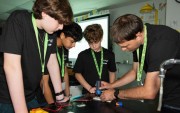


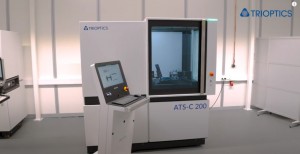
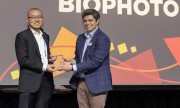


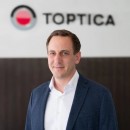
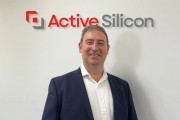


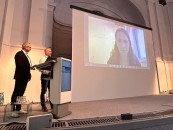
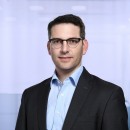
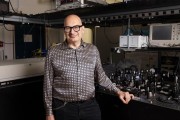
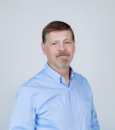

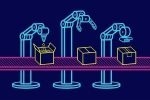
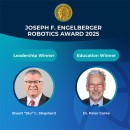
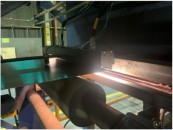
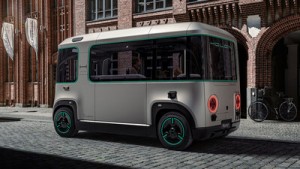
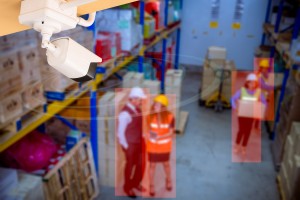




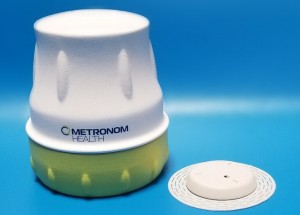
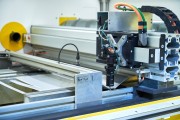


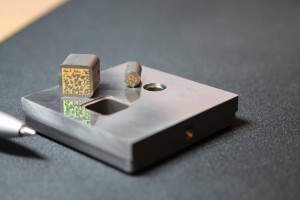
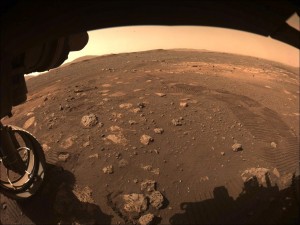
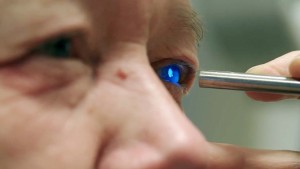
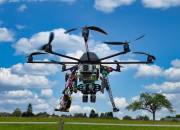
 Back to Features
Back to Features